Writing Contest for Students
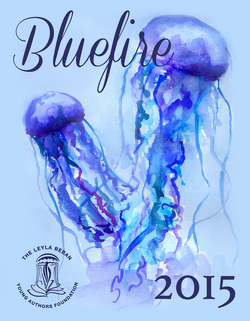
Who: Students in grades 6-12
When: Now through February 1, 2016
Prizes: According to the website, "two $1,000 scholarship prizes will be awarded, one for grades 6-8 and one for grades 9-12. Seven $100 cash prizes will also be awarded for winning entries, one per grade level. Stories selected for publication into Bluefire, but not selected as a grade-level or scholarship winner, will receive a $50 cash prize.... The author retains all copyrights to the submitted work."
Details: Visit the Bluefire contest page for complete information.
Teachers: Visit the educators' page join the teacher mailing list, see excerpts from past contests, and get a copy of their creative writing curriculum.



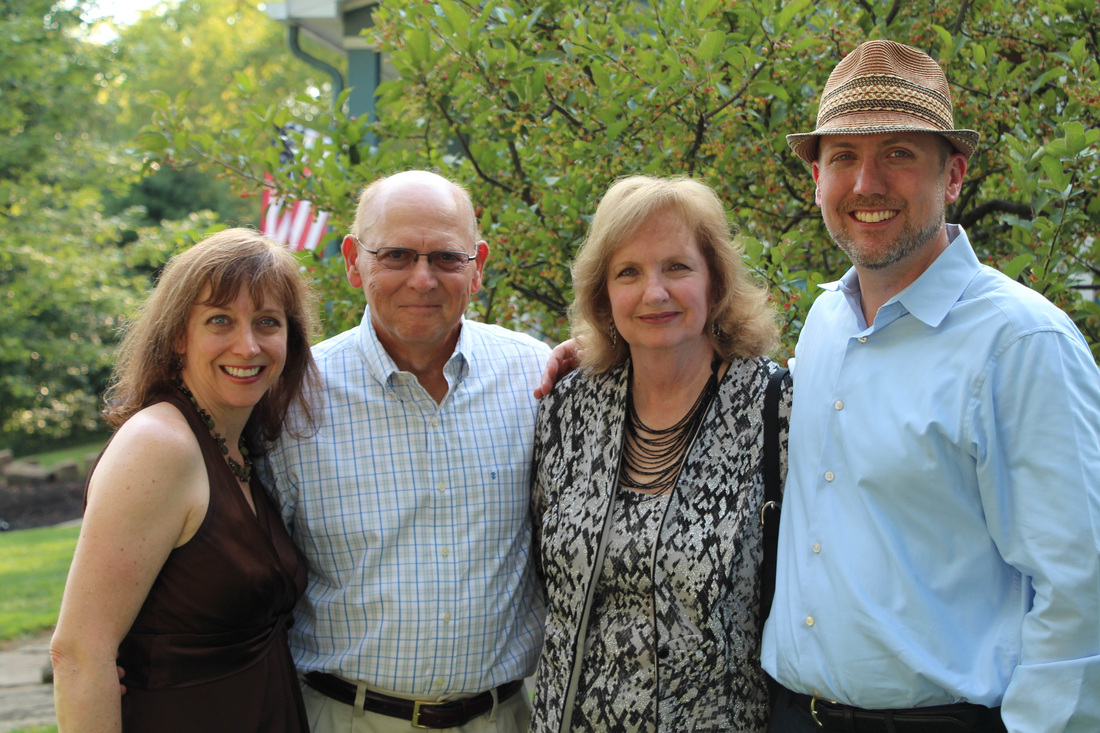
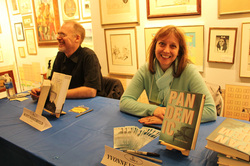


















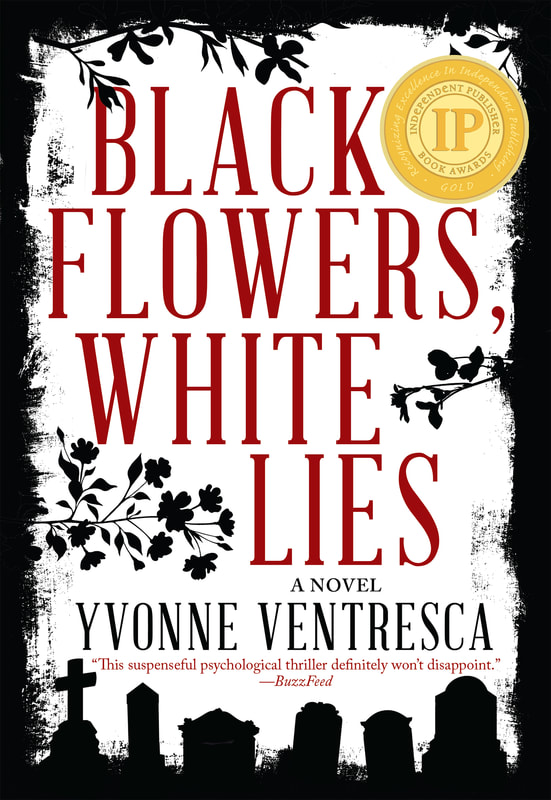
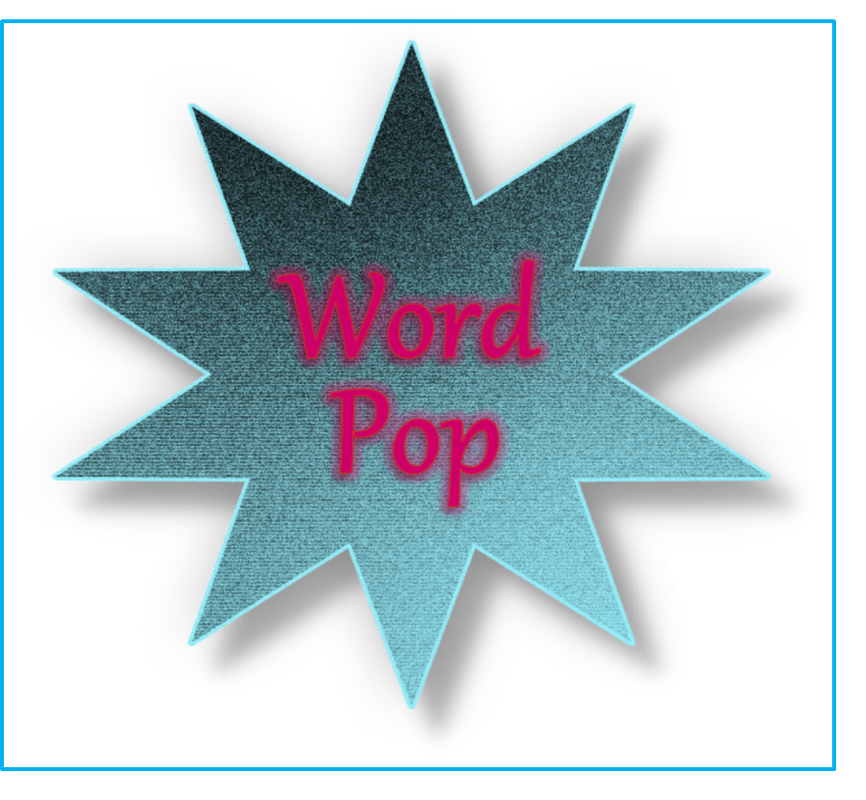
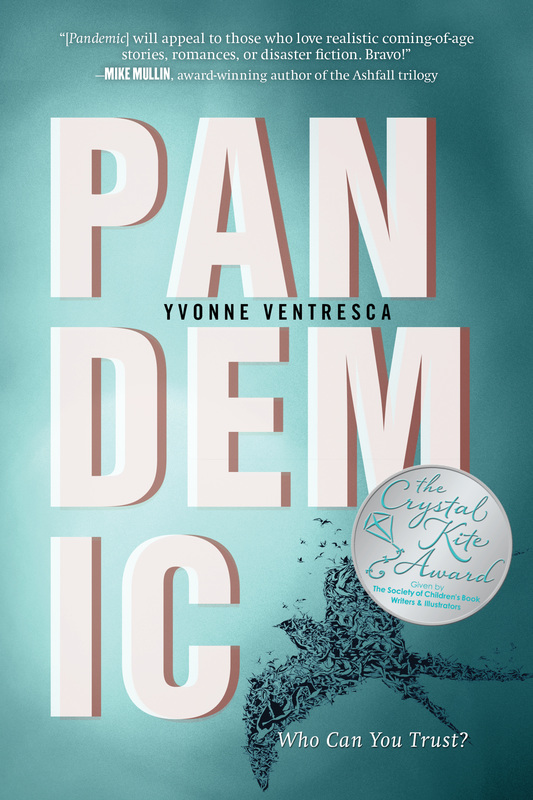
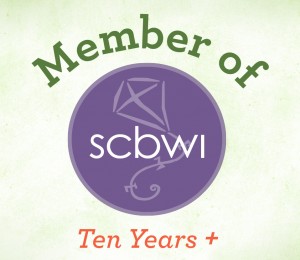

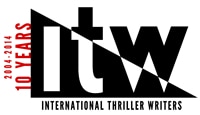
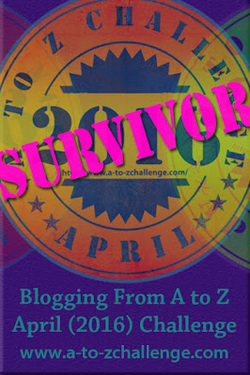
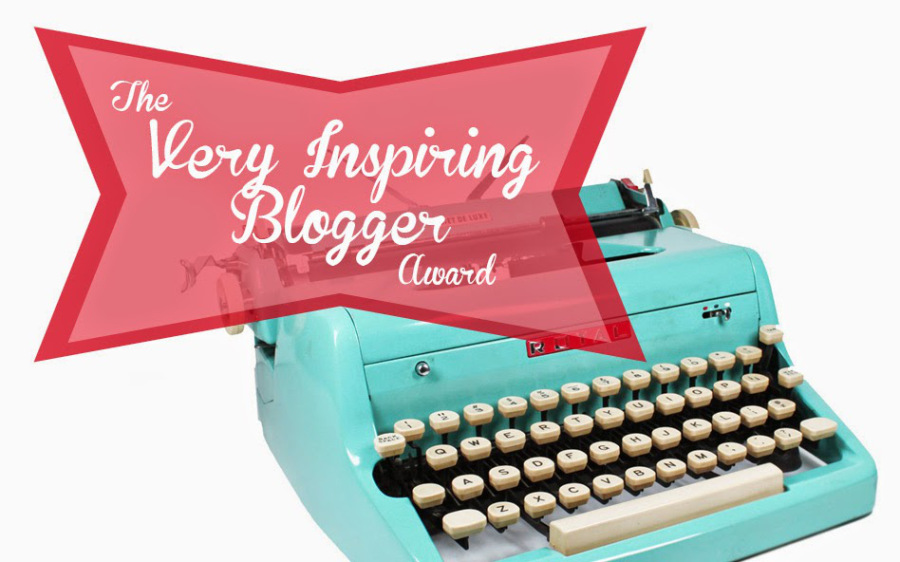
 RSS Feed
RSS Feed